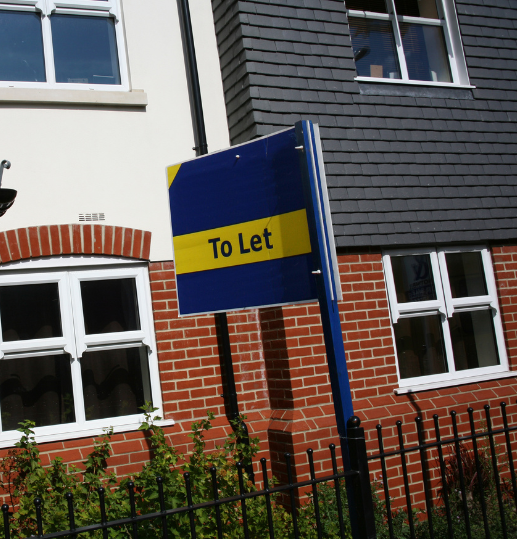Guide to the First Tier Tribunal for Landlords in Scotland
The First Tier Tribunal for Scotland (Housing and Property Chamber) is the forum for disputes between landlords and tenants in the private rented sector. The Tribunal has the power to grant eviction and payment orders, enabling landlords to recover their properties and obtain payment of rent arrears or tenancy debts.
At TC Young Solicitors, we act solely for landlords and letting agents, providing guidance through this time consuming and complex process. We ensure from the outset that landlords have a clear outline of their options and understand how their applications will progress.
The Tribunal Process
Step 1: Lodging an Application for Eviction
After expiry of the relevant notice period, an application for eviction order can be made. Once lodged with the Tribunal, an initial check will be done whereby the Tribunal will decide if the application meets the prescribed requirements. A Further Information Request may be made at this stage whereby the Tribunal seeks additional documentation or clarification in respect of the application. When the Tribunal are satisfied the appropriate documents have been lodged, an acknowledgement letter is issued. Applications are generally acknowledged within 7 days of lodging.
Step 2: The Sift Process
This next stage is carried out by a Legal Member of the Tribunal, who will review the legal aspects of the application in further detail. Any potential issues could be identified here, for example, if notice was served incorrectly. A Direction or Further Information Request can also be issued at this stage. When an application passes the sift, an acceptance letter is issued and the matter forwarded to the Tribunal’s scheduling team to assign a Case Management Discussion. Applications are generally accepted 8-10 weeks after lodging.
Step 3: Case Management Discussion (CMD)
The CMD is the first procedural hearing of the case, which usually takes place 12-14 weeks after lodging. Eviction cases are heard by both a legal member and ordinary member of the Tribunal. Previously held in-person, most CMDs now take place via teleconference. The purpose of the CMD is to identify what matters can be agreed and what, if anything, is in dispute. If the Tribunal has sufficient information, it can grant an eviction order at this stage. The decision will usually be communicated orally at the CMD and confirmed in writing within a few days. The order will be issued 30 days after parties are notified of the decision in writing. If the matter is defended, the case will most likely proceed to a hearing.
Step 4: Tribunal Hearing
Where a decision cannot be made at the CMD, an oral Hearing will be assigned. A hearing is similar in nature to a trial. Both parties will have the opportunity to lodge evidence and call witnesses in support of their position. Hearings may take place by teleconference, videoconference or in-person. When the Tribunal has considered the evidence and legal arguments, a written decision will be issued and any orders issued 30 days thereafter.
Please note, the timescales mentioned above are approximate. The Tribunal rules allow some flexibility in procedure and therefore can vary case to case.
Get Expert Guidance from TC Young
If you’re a landlord or letting agent in the private rented sector, TC Young can guide you through the First Tier Tribunal process, helping you recover rent arrears or obtain eviction orders efficiently. Contact our team today for expert legal advice in Scotland







